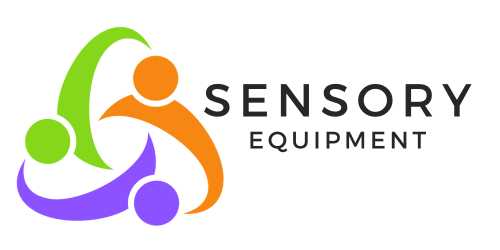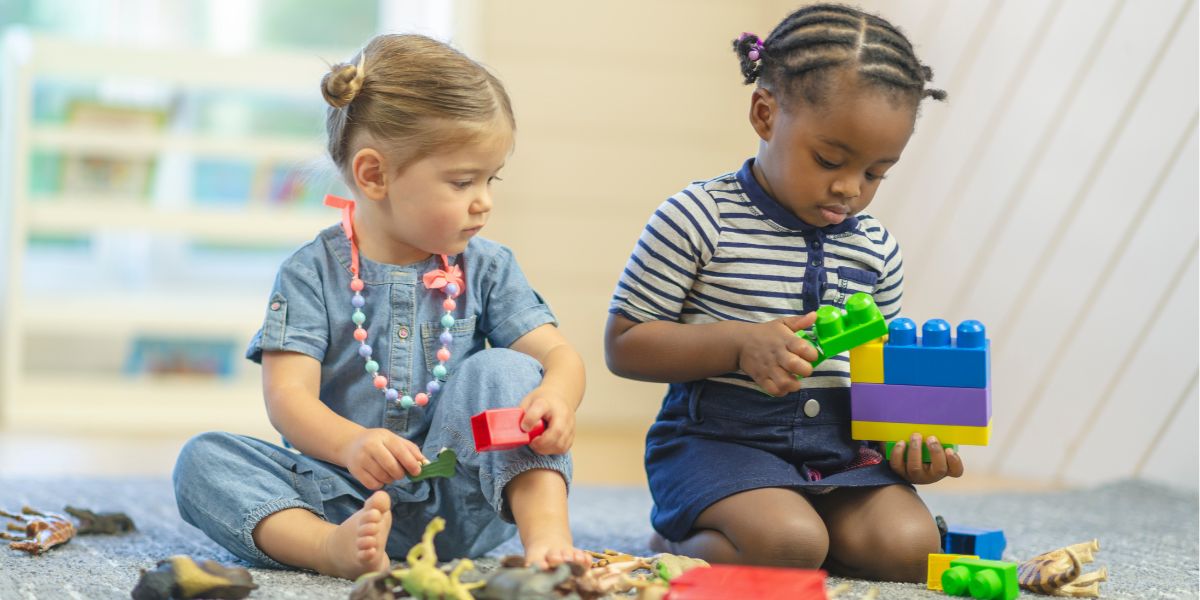The early years of a child’s life are a crucial period of rapid development, laying the foundation for their cognitive, emotional, and social well-being. In recent years, educators and parents alike have increasingly recognised the significance of incorporating sensory experiences into a child’s daily routine. Sensory equipment plays a pivotal role in fostering holistic development by engaging children in activities that stimulate their senses and contribute to their overall well-being.
Cognitive Development:
Sensory equipment provides young children with vast opportunities to explore and interact with their surroundings, promoting cognitive development. Through activities that engage their senses – such as touching different textures, observing vibrant colours, or listening to various sounds – children develop essential cognitive skills. These experiences enhance their ability to problem-solve, make decisions, and think critically, setting the stage for future academic success.
Furthermore, sensory play has been linked to improved memory retention and language development. As children engage in activities that involve their senses, they are more likely to retain information and express themselves verbally, laying a strong foundation for effective communication and language acquisition.
Emotional Development:
Emotional development is a key aspect of early childhood, and sensory equipment plays a crucial role in nurturing emotional intelligence. Sensory experiences allow children to express and regulate their emotions in a safe and controlled environment. For example, activities like squeezing stress balls, playing with soft fabrics, or using calming sensory bottles can help children manage stress, anxiety, and frustration.
Moreover, sensory play encourages self-awareness and empathy. By engaging with different sensory materials, children become more attuned to their own emotional responses and learn to recognise and understand the feelings of others. This heightened emotional awareness contributes to the development of strong interpersonal skills and positive relationships.
Social Development:
Sensory equipment also facilitates social interaction and cooperation among young children. Shared sensory experiences provide opportunities for collaboration, turn-taking, and communication with peers. Whether they are building together with tactile materials, engaging in cooperative games, or exploring sensory-rich environments, children learn to navigate social dynamics and develop important social skills.
Participating in sensory activities in group settings encourages the development of teamwork, cooperation, and the ability to share and compromise. These skills are essential for building positive relationships, fostering a sense of community, and preparing children for the social challenges they will encounter as they grow older.
Overall Well-being:
The holistic approach to early childhood development emphasises the interconnections of cognitive, emotional, and social well-being. Sensory equipment serves as a catalyst for promoting a well-rounded developmental experience for young children. By incorporating a variety of sensory activities into their daily routines, parents and educators can support the growth of resilient, self-aware, and socially adept individuals.
Conclusion:
In conclusion, the importance of sensory equipment in early childhood development cannot be overstated. From enhancing cognitive skills to fostering emotional intelligence and promoting social interaction, sensory experiences play a vital role in laying the foundation for a child’s overall well-being. Parents, caregivers, and educators must recognise the value of sensory play and incorporate it into the daily lives of young children to unlock their full potential and set them on a path to lifelong success.









